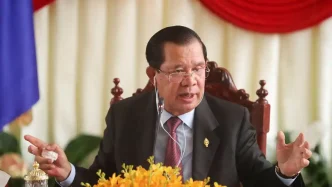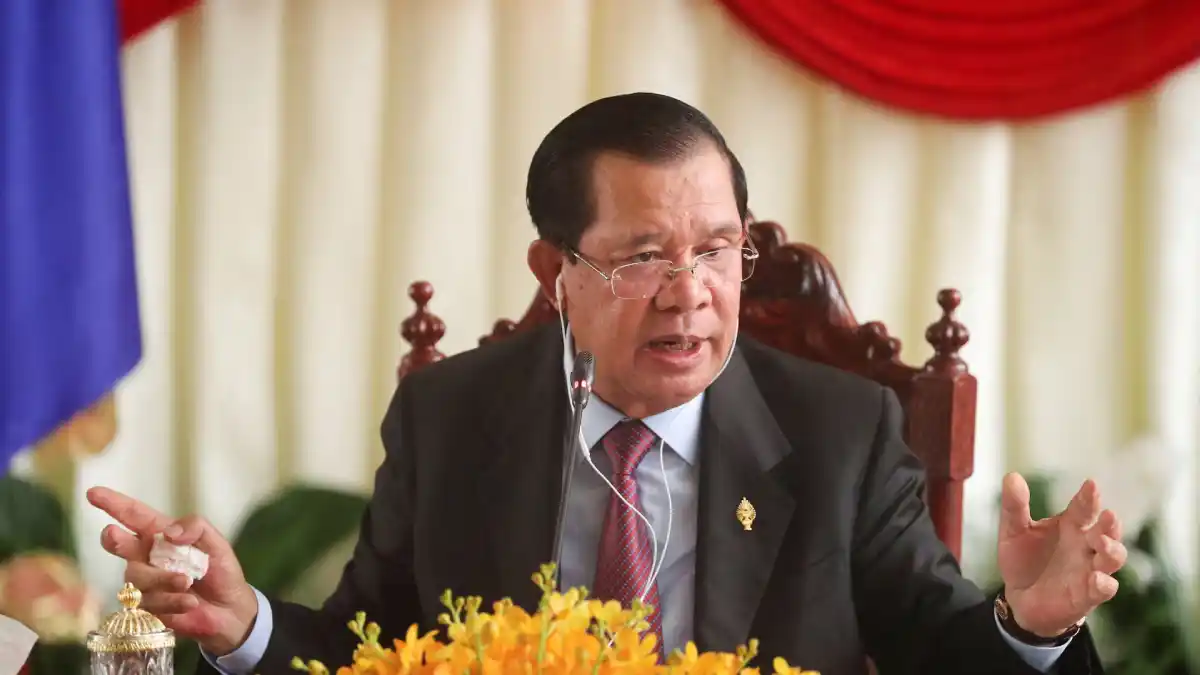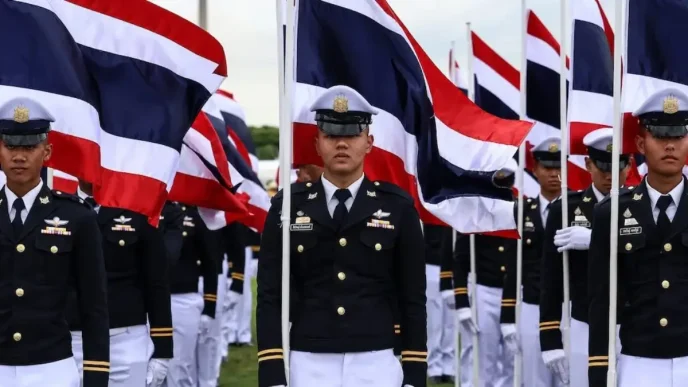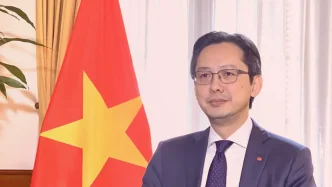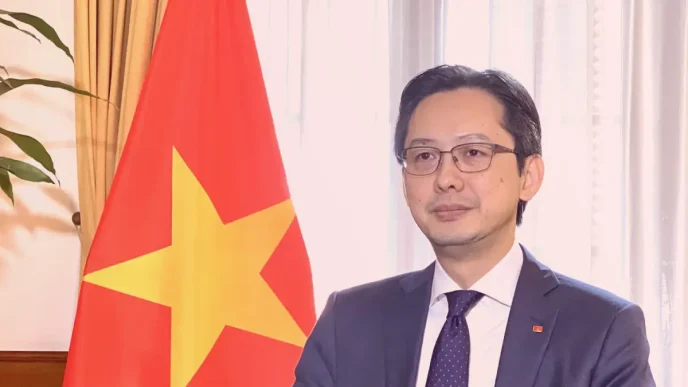In the wake of a five-day border conflict with Thailand from July 24 to 28, 2025, Cambodia faces a critical juncture. The clash, which claimed lives unnecessarily and displaced over 200,000 people across both nations, has left a fragile ceasefire in place, brokered through mediation by Malaysia, as the current ASEAN chair, alongside the United States, with China observing closely. The ceasefire, effective from midnight on July 28, offers a reprieve, but the road ahead for Cambodia remains fraught with challenges. As discussions continue, the question looms large: what must Cambodia do to secure its future amidst lingering tensions and regional uncertainties?
A Fragile Peace and the Cost of Conflict
The recent border skirmish between Cambodia and Thailand is a stark reminder of long-standing territorial disputes that have periodically flared over decades. The violence that erupted in late July 2025 not only resulted in tragic loss of life but also uprooted communities, forcing thousands to flee their homes. Images of displaced children seeking shelter under makeshift structures, such as tractors, have underscored the human toll of the conflict. The ceasefire, while a welcome step, is tenuous, with ongoing talks on July 29 and August 4 aimed at solidifying terms between the two nations.
Beyond the immediate humanitarian crisis, the conflict has exposed deeper vulnerabilities in Cambodia’s national fabric. The displacement of over 200,000 people across the border regions has strained resources and highlighted the need for robust crisis response mechanisms. The ceasefire has averted further escalation, but it also serves as a wake-up call for Cambodia to address systemic weaknesses that could exacerbate future tensions. With regional dynamics at play and the potential for misinformation to reignite hostilities, the Cambodian government and its citizens must prioritize resilience and preparedness.
Combating Misinformation in a Digital Age
One of the most pressing challenges facing Cambodia in the aftermath of the conflict is the spread of disinformation, particularly from certain Thai media outlets. Reports suggest that even after the ceasefire, some narratives continue to portray Cambodia as the aggressor, distorting the facts of the border dispute and risking further damage to bilateral relations. Such misinformation, often amplified on social media platforms, fuels mistrust and hinders efforts to foster mutual understanding between the two countries.
To counter this, Cambodia must invest in media and digital literacy as a cornerstone of national defense. Building a media-literate society, particularly among the youth, is essential to combat fake news and wartime propaganda. Integrating media literacy into school curricula and offering regular training programs on fact-checking could empower citizens to discern credible information from falsehoods. A digitally literate population would be better equipped to respond rationally during crises, ensuring that accurate accounts of events prevail over divisive narratives.
Moreover, supporting Cambodian journalists and media students through skill development programs is critical. Strengthening the domestic media sector will enable the country to present its perspective on the global stage, countering external distortions with factual reporting. In an era where information warfare can be as damaging as physical conflict, media literacy is not just an educational goal but a strategic imperative for Cambodia’s stability.
Education as the Bedrock of National Strength
The border conflict with Thailand, echoing similar confrontations from 2008 to 2011, underscores the importance of national strength in all sectors, particularly education. Cambodia’s education system, despite progress over recent decades, remains constrained by limited infrastructure, funding shortages, and disparities between urban and rural areas. Addressing these gaps is vital to developing the human capital necessary for socioeconomic growth and preparedness against future regional threats.
Investing in education reform must be a national priority, focusing on access, quality, and governance. A well-educated populace, equipped with critical thinking and technological skills, is essential for Cambodia to remain competitive in a globalized, knowledge-based economy. Beyond economic benefits, education fosters unity and patriotism—key elements for a nation that must often navigate pressures from more powerful neighbors. Specialized fields such as military training and advanced technology should also be emphasized to bolster national defense capabilities.
The younger generation, often seen as the hope of the nation, must be at the heart of these efforts. By ensuring that Cambodian youth have the knowledge and skills to contribute to national development, the country can build a foundation for long-term resilience. Education is not merely a pathway to individual opportunity; it is a tool for collective empowerment, enabling Cambodia to stand firm in the face of external challenges.
Research and Innovation for Sustainable Development
Equally critical to Cambodia’s future is the promotion of research and innovation. While national policies like the Pentagonal Strategy acknowledge the importance of the knowledge sector, greater investment and attention are needed to transform aspirations into tangible outcomes. As Cambodia aims to transition to an upper-middle-income and eventually high-income status in the coming decades, research must be treated as a national necessity rather than an academic luxury.
A robust research culture, supported by state institutions, universities, and think tanks, can enhance evidence-based policymaking and strategic planning. This is particularly crucial in a region marked by geopolitical uncertainties and the potential for conflict with neighboring powers. Research focused on cross-border dynamics, defense strategies, and public policy could help Cambodia anticipate threats and seize opportunities for growth. Additionally, fields such as applied science, technology, and agricultural development should be prioritized to drive innovation and sustainability.
International collaboration in research also offers a pathway for capacity building among Cambodian academics and students. Establishing national research funds and strengthening institutions like the Royal Academy of Cambodia could position the country as a regional hub for knowledge production. By showcasing Cambodian realities through global publications, the nation can correct misperceptions and assert its narrative on the world stage. Research, in this sense, becomes a tool for both survival and cultural preservation, drawing lessons from Cambodia’s storied history to chart a prosperous future.
Lessons from History and the Need for Strength
The border clashes of 2025, much like those in earlier years, serve as a poignant reminder of Cambodia’s vulnerability as a smaller state surrounded by more powerful neighbors. Historical confrontations with Thailand and other regional actors have taught Cambodia that peace, while essential, cannot be taken for granted. Maintaining sovereignty and avoiding external aggression require strength—militarily, economically, and intellectually.
Building this strength demands a multifaceted approach. Beyond media literacy, education, and research, Cambodia must also focus on economic diversification and military readiness to deter potential threats. The ceasefire with Thailand provides a window of opportunity to reflect on past lessons and implement reforms that will fortify the nation against future uncertainties. Complacency is not an option; Cambodia must evolve into a stronger small state capable of defending its interests on the regional stage.
A Collective Vision for the Future
As Cambodia navigates the aftermath of the border conflict, the call to action is clear. The government, alongside development partners, non-governmental organizations, civil society, and the private sector, must unite behind a shared vision for national resilience. Media and digital literacy will equip citizens to combat disinformation; quality education will foster informed citizenship and unity; and research and innovation will drive competitiveness and sustainable growth.
The next generation of Cambodians holds the key to the country’s destiny. Equipping them with the knowledge, skills, and values to safeguard peace and drive development is paramount. At this pivotal moment, Cambodia has the chance to rebuild not just from conflict, but toward a future of strength and self-reliance. The path forward will not be easy, but with collective effort and strategic focus, the nation can emerge more united and prepared for whatever challenges lie ahead.
As the ceasefire holds and discussions with Thailand continue, the impact of these efforts on Cambodia’s long-term stability remains to be seen. Can the nation turn this moment of crisis into an opportunity for lasting transformation?

